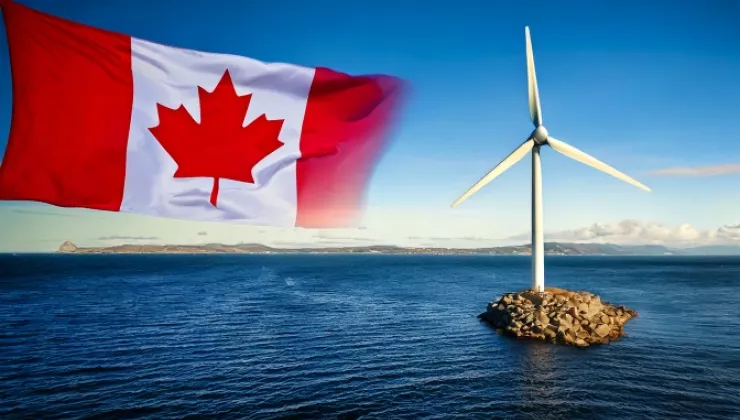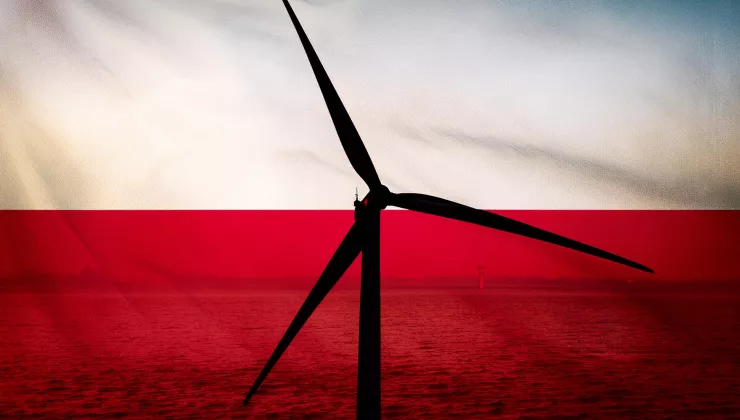WIN-CE
Wind energy is an important and cost-efficient pillar of the European energy mix. Wind turbines quickly pay back their energy investment and have a long lifespan, but many installations are approaching decommissioning. Within this scope, efficient recycling is essential.
Although 80-90% of a turbine (mainly steel) is recycled, the blades (10-20%) remain a challenge. Made of fiberglass composites, they are largely landfilled, incinerated, or used in cement production, leading to high costs and environmental damage. Reuse and mechanical recycling are limited, while new methods such as solvolysis and pyrolysis are still in development.
There is an urgent need for innovative solutions to recycle composites efficiently. A circular value chain is crucial to ensure sustainable growth of wind energy.
Aim of the project
Win-CE aims to investigate an innovative chemical recycling process for end-of-life wind turbine blades that realizes simultaneous and complete valorisation of both inorganic glass fibres and organic resin matrix.
The process will consist of two steps, including:
- mild solvolysis to enable efficient separation of inorganic glass fibre and organic resin matrix; followed by
- selective catalytic ammono-/aminolysis to convert the collected resin product into valuable aromatic di- and triamines.
Innovative elements
The research will include novel and innovative catalytic and process intensification concepts to increase productivity at lower operational temperatures so as to maximally retain the intrinsic functional properties of the fibres, ensuring higher added value for re-use.
Also, for the first time, this unique approach aims to co-valorise the matrix as amine curing agents, which are the most valuable compounds in blade composite production. The scalability and technoeconomic and sustainability performance indicators will be monitored and used to guide the process. The most promising reprocessing and valorisation routes towards different composites will also be identified.
Partners: VITO, KU Leuven en Sirris
Clusters involved: Catalisti and Blue Cluster
Advisory board: Deceuninck, Elicio, Engie Laborelec, European Owens Corning Fiberglass, Indupol, Luminus, M BRUIJN Consult / Composite Minds, MEAM, Otary RS, OVAM, Parkwind, Polysto Group, Port of Antwerp-Bruges, Port Oostende, Reprocover, Sicoplan, TripleHelix, Vosschemie and Westlake Epoxy
With the support of: VLAIO (Flanders Innovation & Entrepreneurship)
Contact: Stefaan Mensaert


